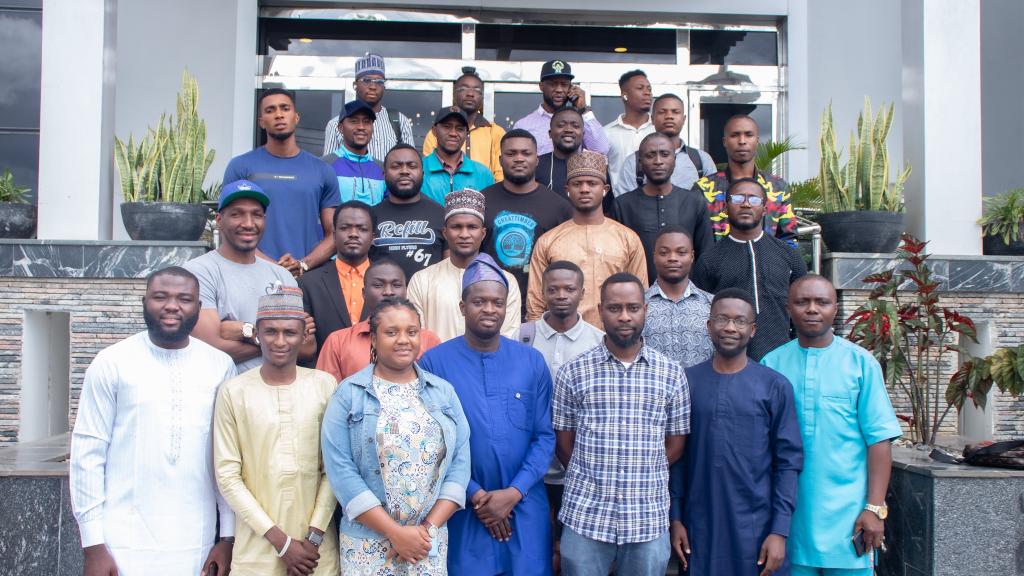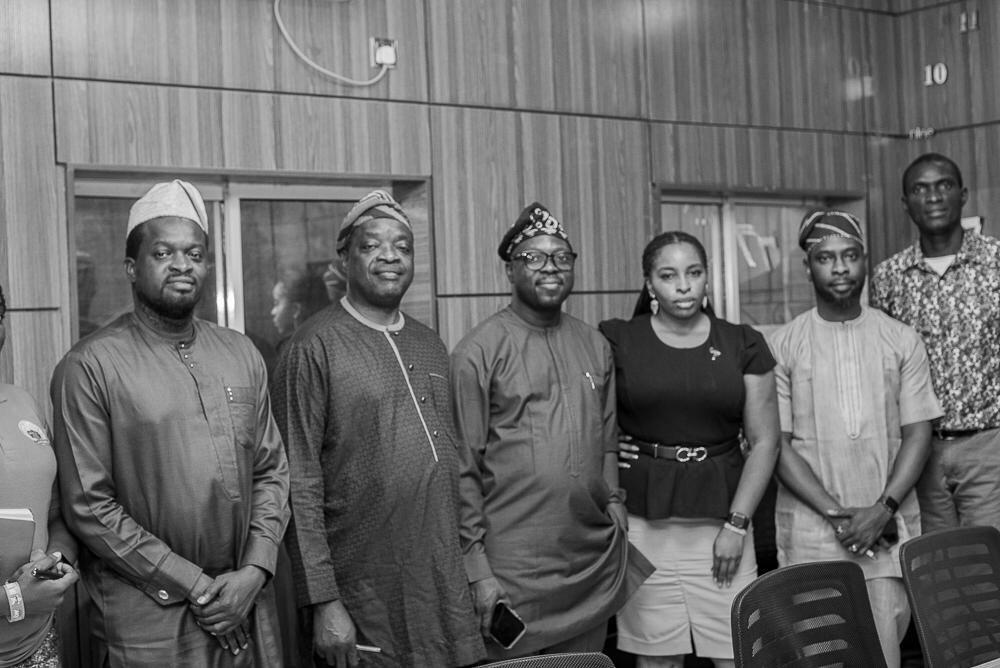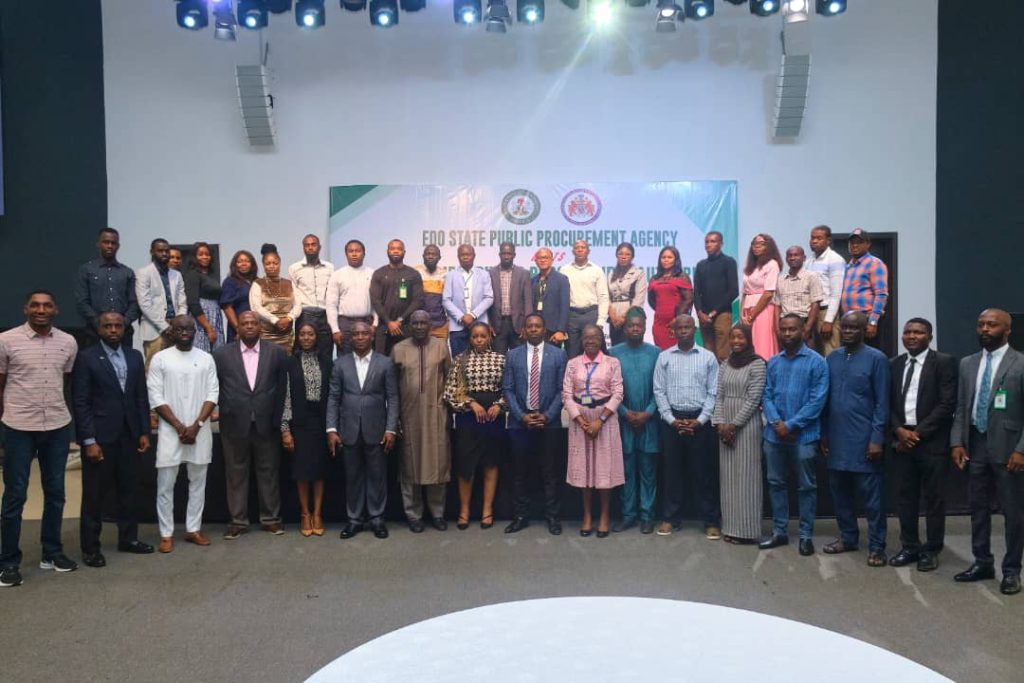•Falana decries incessant invitation of chief executives by legislators
Emmanuel Addeh in Abuja
Chief Executive of the Nigerian Upstream Petroleum Regulatory Commission (NUPRC), Mr Gbenga Komolafe, yesterday listed ways the commission has been fighting corruption in the oil and gas sector, describing the impact of graft as devastating.
Speaking at the 2024 celebration of the International Anti-corruption Day in Abuja, the NUPRC chief executive stressed that corruption is not an abstract issue, but a clear and present danger to the nation’s growth and prosperity.
At the workshop themed: “United against Corruption: Building Integrity for a Sustainable Future,” Komolafe argued that the fight against corruption is not just a moral obligation, but a prerequisite for sustainable development, equity, and national progress.
He maintained that corruption deprives citizens of essential services, discourages investments, and erodes trust in public institutions.
“ In the oil and gas sector, where the stakes are high and revenues substantial, corruption can have devastating effects on national development, community welfare, and environmental sustainability.
“Nigeria’s upstream petroleum sector is a cornerstone of our economy. As custodians of this critical industry, we at the NUPRC recognise that corruption in any form undermines the sector’s integrity and diminishes the resources available for national progress.
“The NUPRC stands at the forefront of the nation’s efforts to ensure that our hydrocarbon resources are managed with transparency, accountability, and efficiency,” he stated.
He listed the significant milestones in the fight against corruption through various initiative and programmes by the commission to include: The implementation of the Oil and Gas Industry Service Permit (OGISP) portal, to reduce human interaction in NUPRC’s permit processes and consequently the incidence of bribery and inefficiencies.
According to him, the award of petroleum licenses and leases have also been done through an open competitive bid process, noting that the recently launched HostComply platform was also enhancing the administration of the Host Communities Development Trusts (HCDTs).
To address corruption within the organisations, the NUPRC, he said, established its maiden Anti-Corruption and Transparency Unit (ACTU) with its separate and dedicated budgetary line for its effective operation.
“Some of the key activities of the NUPRC ACTU include: Creating awareness within NUPRC’s staff of NUPRC’s zero-tolerance for corruption by educating members of the ACTU and staff of the NUPRC through training, publications and banners;
“System study and reviews of NUPRC’s major regulatory activities such as the recently concluded Nigerian Gas Flare Commercialisation Programme (NGFCP) and encouraging whistleblowing among the commission’s staff and stakeholders by establishing whistleblowing channels such as complaint boxes and secure email.
“These efforts are already yielding results, as we see greater investor confidence and improved revenue inflows to the Federation Account. However, this battle is not one the NUPRC can fight and win alone. It requires the active participation of all stakeholders,” Komolafe argued.
In his keynote address at the event, human rights activist, Mr Femi Falana (SAN) decried the incessant invitation of Nigeria’s chief executives by the National Assembly.
The legal luminary explained that while the National Assembly can conduct inquiries, the chief executives do not have to be invited every time unless a resolution is passed in the House or Senate to that effect.
“And that position does not mean summoning CEOs and ministers to the National Assembly. To do what? That section provides that you can only conduct an inquiry if a resolution is passed either by the House of Representatives or the Senate.
“And it has to be published in the Gazette. And you can only do that on two terms: If you are making a law, or you are amending the law, or you are investigating corruption in the agency.
“You cannot interpret that to mean that all CEOs of government must be going to the National Assembly. To do what? No committee has the power without a resolution of the House,” he maintained.
Also present at the event were officials of the Independent Corrupt Practices and Other Related Crimes Commission (ICPC) who also made various presentations.
Last modified: December 10, 2024








